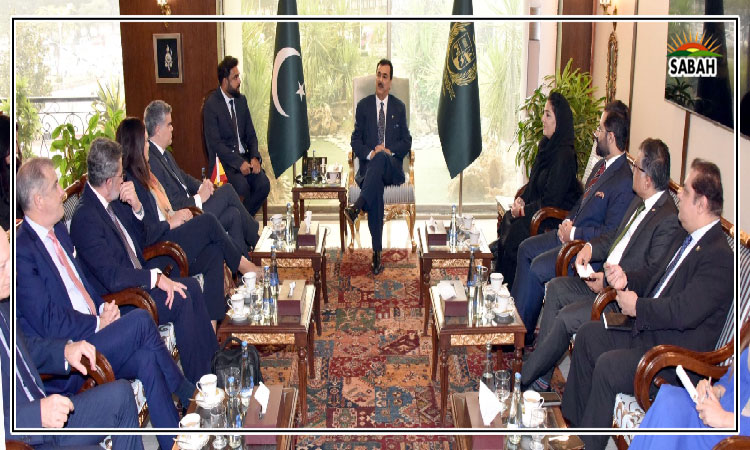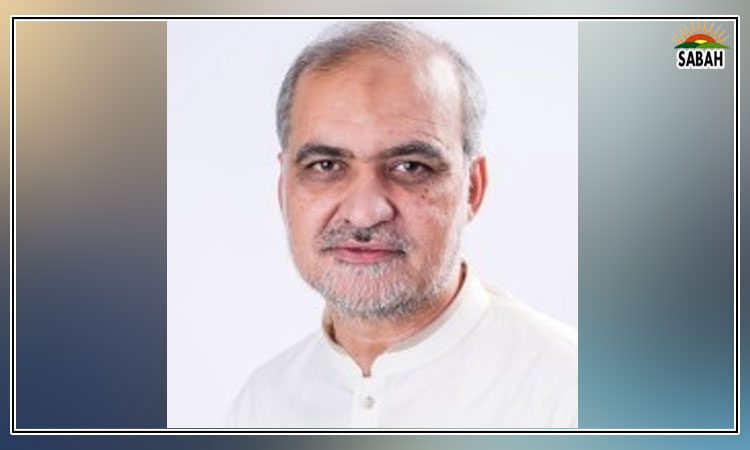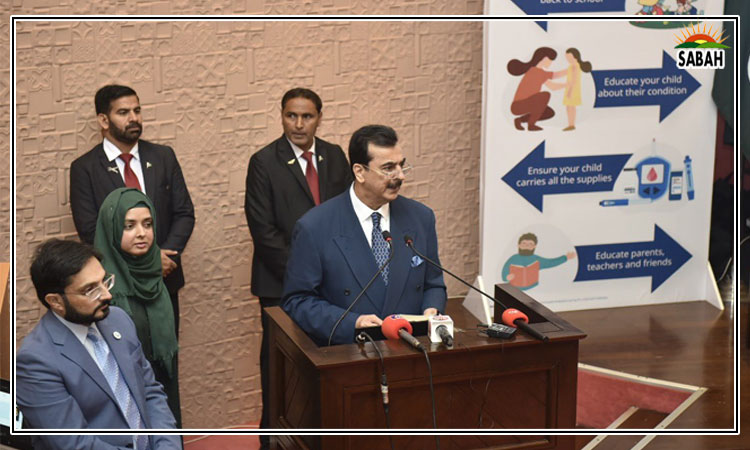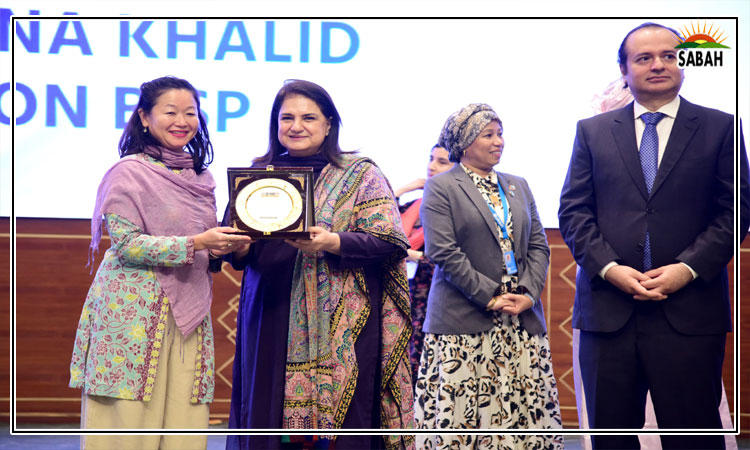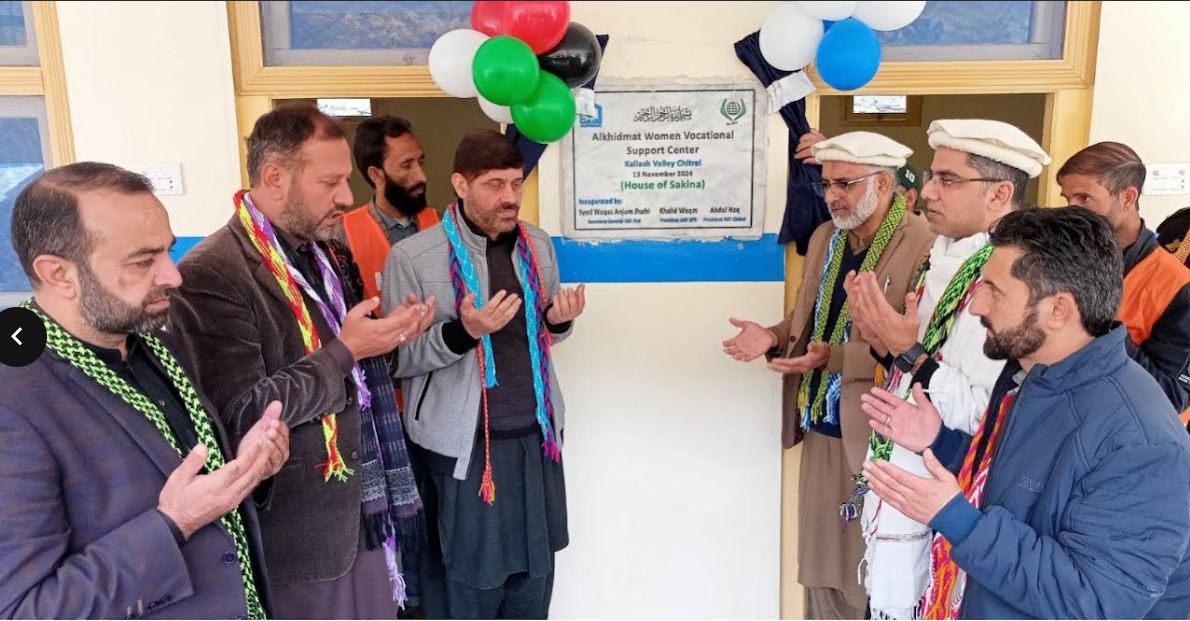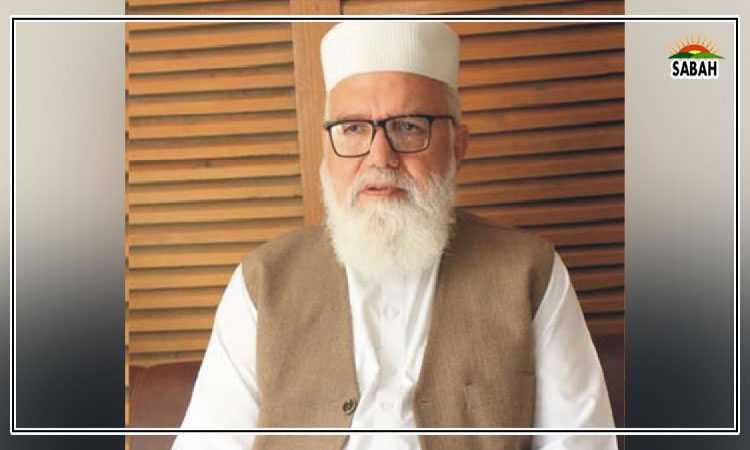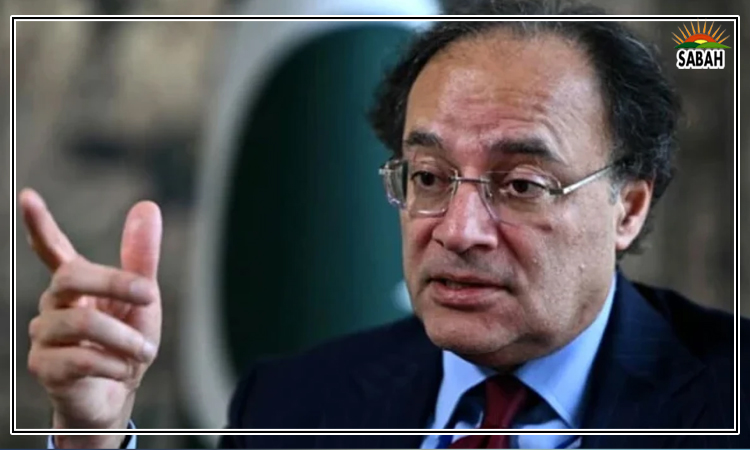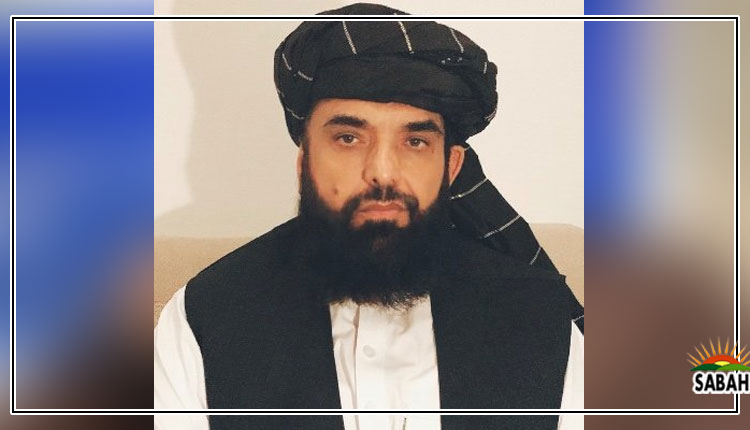TTP is not in Afghanistan, Pakistan is responsible to tackle with it: Suhail Shaheen
KABUL, July 10 (SABAH): A senior Taliban leader Suhail Shaheen has turned down presence of terrorists of Tehreek-e-Taliban Pakistan (TTP) in Afghanistan.
During an interview, Suhail Shaheen said that TTP was present in the tribal areas of Pakistan which is why it lies in the responsibilities of Islamabad to tackle them. He said that Taliban will not allow anyone to use Afghan territory as a base for operations against neighboring countries or others.
Suhail Shaheen has admitted that his country is facing dire economic straits because of back-breaking sanctions and lack of recognition by the global community.
He said the Taliban had inherited a weak economy and an extremely impoverished Afghanistan when it seized power in Kabul in August 2021. “The poverty that we are experiencing today was inherited from the past, from the past 20-year-long regime during which foreign forces had a presence in Afghanistan,” he added.
Shaheen said though it was claimed that the occupying powers spent billions of dollars in the country, “those dollars went into the private pockets of the warlords. The common people continued to live below the poverty line.”
That situation worsened, he claimed, with the imposition of economic sanctions on Afghanistan after the Taliban took control over the country, as the restrictions led to more poverty.
Shaheen accepted no responsibility for the deteriorating state of affairs in Afghanistan since the Taliban took over, and instead blamed Western powers “those who imposed the sanctions and those who favored the warlords” for the economic crisis.
“We are working to tackle these issues and there are some big projects such as road construction that generate internal revenue,” he said. He described the country’s political relations with its neighbors as based on mutual respect, and spoke at length about the recent border clashes between Afghan and Iranian forces, as well as the country’s tense relationship with Pakistan and its evolving ties with the US under the Biden administration.
He argued that the UN needs to look at the situation on the ground, claiming that the decision by the UN and many countries not to recognize the Taliban is politically motivated rather than based on ground realities.
Shaheen insisted that the Taliban currently has complete control over all of Afghanistan. “We have secured all the borders. We have control of the entire country. We are able to defend our people and our country. We have the support of the people,” he added.
Turning to Pakistan’s relations with its neighbor under Taliban rule, Shaheen asserted that Afghanistan is an independent country, adding: “We liberated our country. We fought for 20 years against 54 countries. “We are freedom-loving people. We want peaceful coexistence and ties not only with our neighbors, but with all the world,” he added.
He said the Taliban will not allow anyone to use Afghan territory as a base for operations against neighboring countries or any other nation, including the US. Shaheen sought to make it clear that the Taliban has no ties with Pakistan’s security forces. “Our policy is peaceful coexistence and positive relations with neighbors in other countries,” he said. “As for their policies, you must ask them.”
When the Americans occupied our country, we fought against them in order to liberate our country. If anyone’s country is occupied, would you not fight for its liberation? Responding to Pakistan’s charge, a major source of friction between the two neighbors that the Taliban is supporting and hosting the Tehreek-e-Taliban Pakistan, a terror group banned in Pakistan, Shaheen said the TTP is “not in Afghanistan.
He contended that the TTP operates out of Pakistan’s lawless tribal areas, saying, “They are inside Pakistan. That is their (Pakistan’s) responsibility, not ours.”
However, Shaheen did indicate that the Taliban’s relationship with the US has changed since the occupation. “When they occupied our country, we fought against them in order to liberate our country. If anyone’s country is occupied, would you not fight for its liberation?” he said.
“That’s what we did, and now we are building our country. We aim to eradicate poverty and to provide job opportunities for our people. For that we need cooperation from all countries, and if they are willing, we welcome them.”
“In the past 20 years, they (the foreign forces) spent, according to them, billions of dollars in order to eradicate poppy cultivation, but they failed. They were also trying to prevent drug trafficking, but they failed,” he concluded.




